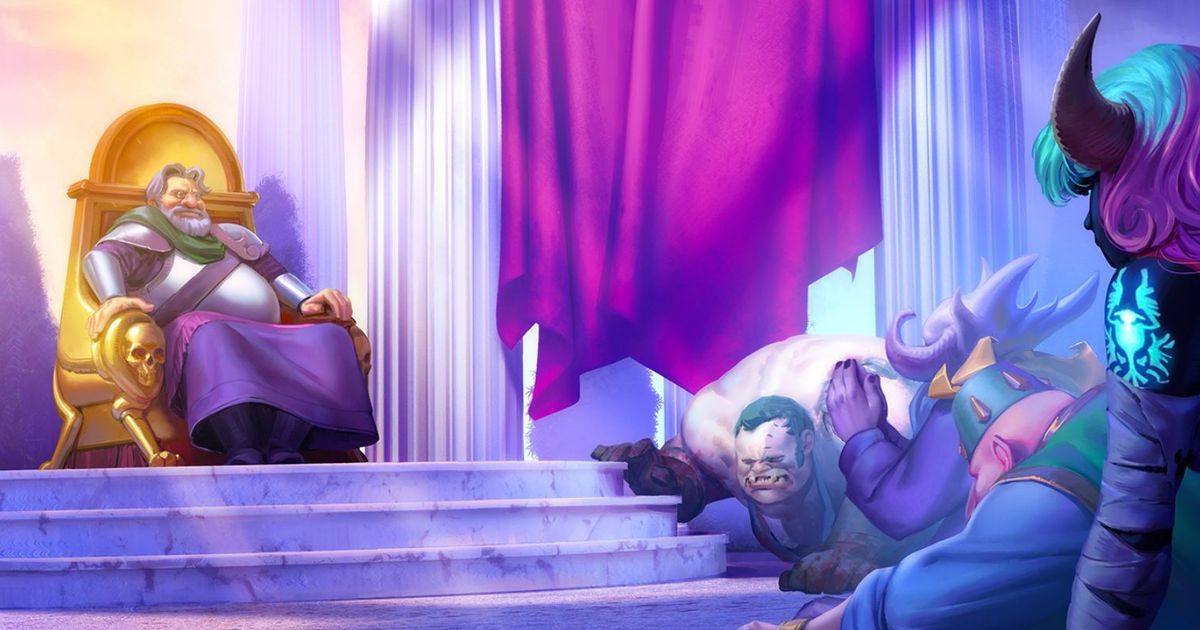The glitz and glamour often associated with professional esports can sometimes obscure a far less celebrated reality. For every success story, there exist countless narratives of struggle, particularly when the spotlight fades. Such is the case for Ilya “Lil” Ilyuk, a name once synonymous with high-level Dota 2 play, who has recently offered a candid glimpse into his life post-professional gaming.
A Stark Contrast: Living Conditions Revealed
In a recent public statement, Lil detailed the challenging conditions under which he currently lives. Far from the luxury accommodations often afforded to top-tier esports athletes, his present dwelling is a stark reminder of the volatility inherent in a career without a “Plan B.” He shared an image, depicting what he referred to as a “home” located on company territory. This unconventional lodging, he noted, benefits from a shared Starlink internet connection, a practical amenity that allows for basic online activity, though he clarifies his live streams originate from an entirely different location.
His description paints a picture of pragmatic living, a significant departure from the competitive stages and team houses many might envision for a former pro. The necessity of such arrangements underscores the financial pressures that can follow an esports career once the consistent tournament winnings and lucrative sponsorships dry up.
The Economics of Post-Esports Life: Courier Work and State Benefits
Lil further elaborated on his current financial strategy, revealing a dual approach to income generation. His primary source of earnings now comes from working as a food delivery courier. This practical, day-to-day employment stands in sharp contrast to the high-stakes world of professional gaming, highlighting a direct pivot to traditional labor to sustain himself.
Adding another layer to his financial landscape, Lil disclosed that he also receives state benefits. He clarified that when his earnings from courier work do not reach a predetermined threshold, the state supplements his income with these allowances, a system funded, as he pointedly noted, by taxpayers. This detail provides a rare, unvarnished insight into the economic safety nets some former esports professionals might rely upon in certain geographies, underscoring the potential lack of sustainable financial planning or industry support mechanisms for those transitioning out of competitive play.
Earlier, Lil had made a striking comparison, equating a single day`s earnings from his courier work to what a tier-3 Dota 2 team might receive for a third-place finish in a minor tournament. This analogy serves as a powerful, albeit subtle, critique of the financial realities faced by many players operating outside the elite competitive circuit.
A Cautionary Tale for Aspiring Professionals
Perhaps the most poignant aspect of Lil`s revelation is his earnest advice to the next generation of aspiring esports stars. His journey, from a celebrated figure in the Dota 2 scene to navigating a life reliant on delivery services and social welfare, serves as a sobering testament to the importance of foresight.
This is approximately what the life of a person who dedicated their entire life to Dota without a Plan B looks like. So, think twice before dropping out of school or university to try your luck in esports.
His words are a direct challenge to the often romanticized view of esports careers, urging potential entrants to consider the long-term implications. The professional gaming landscape, while offering immense opportunities for a select few, is inherently volatile. Player careers can be short-lived, dependent on team performance, metagame shifts, and individual skill peaks. The absence of a robust educational background or alternative skill sets can leave former players adrift once their competitive days conclude.
Beyond the Game: The Broader Implications
Lil`s transparency opens a vital dialogue about the broader responsibilities within the esports ecosystem. While organizations and publishers invest heavily in competitive infrastructure, the welfare and future prospects of players post-retirement often remain a less explored, yet critical, area. His story is a powerful reminder that an exclusive focus on competitive success, without parallel development of life skills or educational pursuits, can lead to unexpected challenges. It highlights the need for players, parents, and the industry itself to foster a more holistic approach to professional gaming careers, one that prioritizes not just victory in the game, but also viability in life beyond it.
The narrative of Ilya “Lil” Ilyuk is more than just a personal account; it is a critical case study illustrating the imperative for sustainable career planning within the fast-paced and unforgiving world of competitive gaming. His candidness offers an invaluable lesson, ensuring that the dreams of tomorrow`s esports champions are tempered with the realities of long-term planning.

